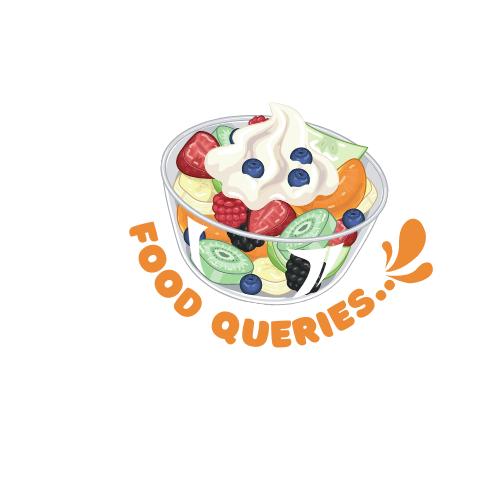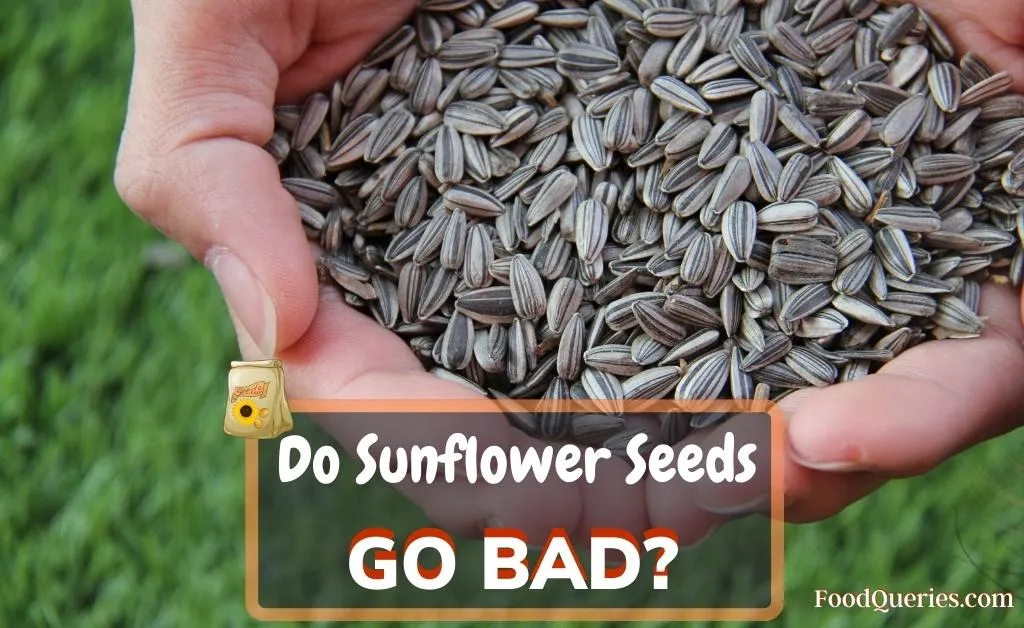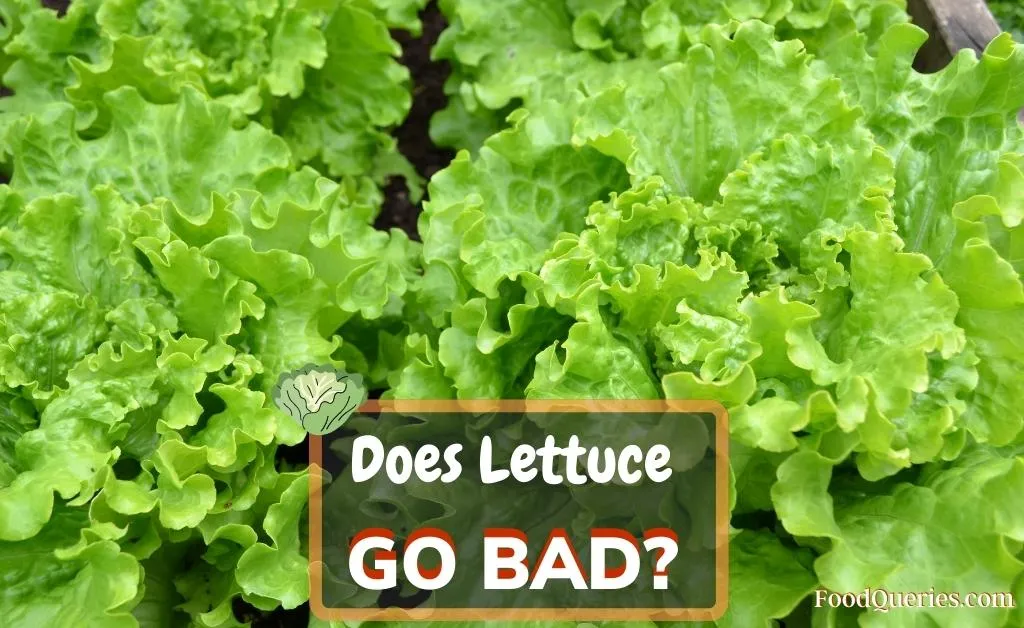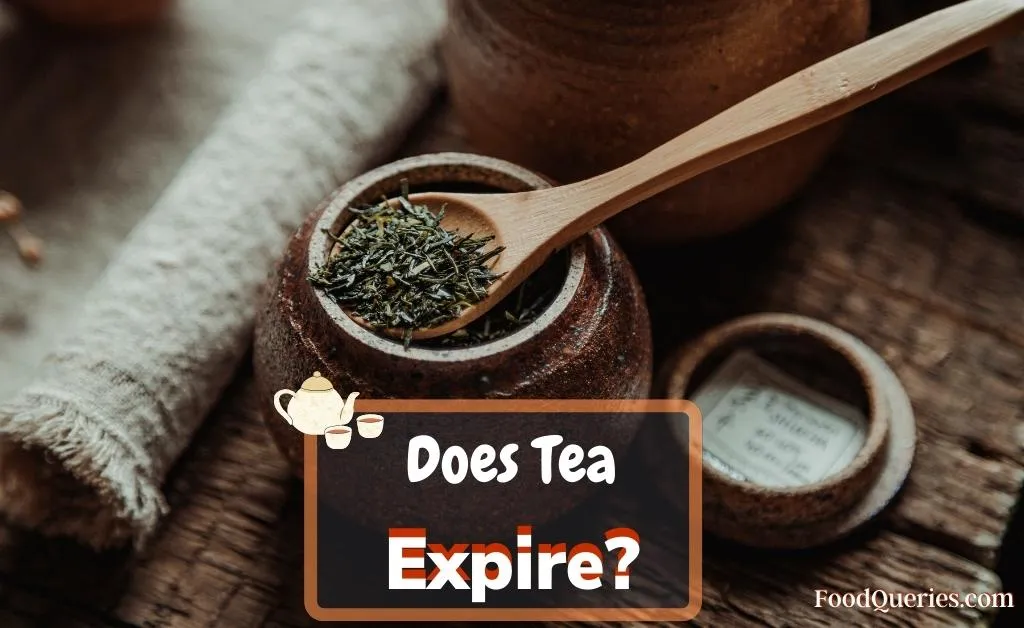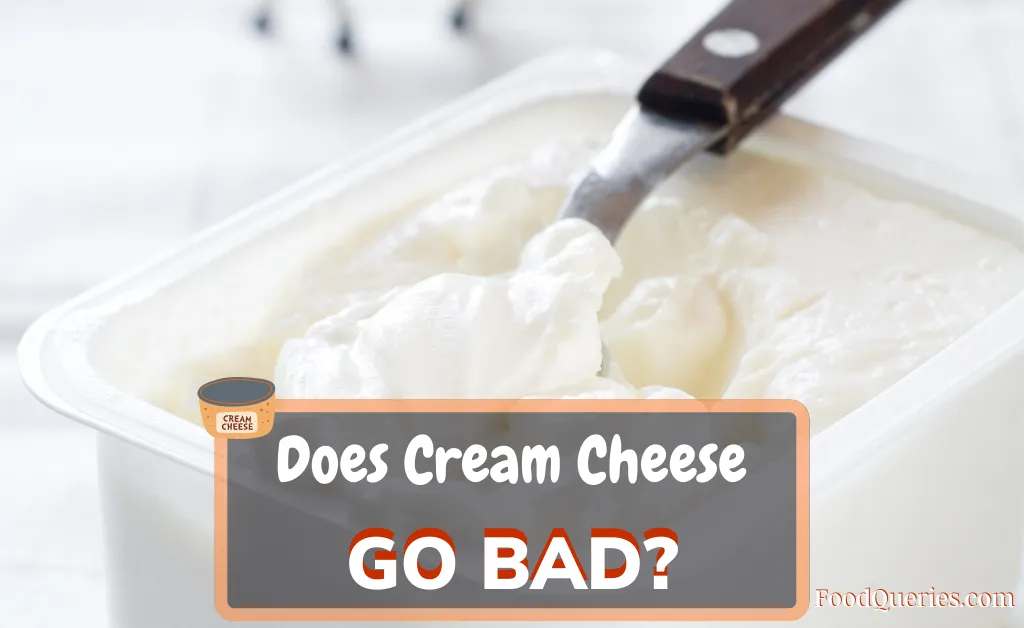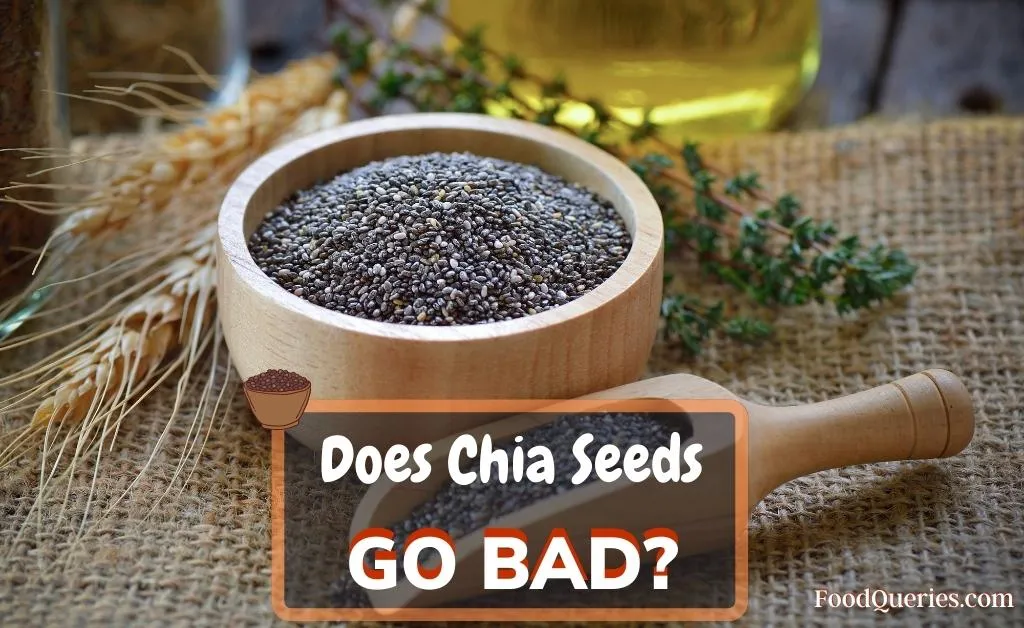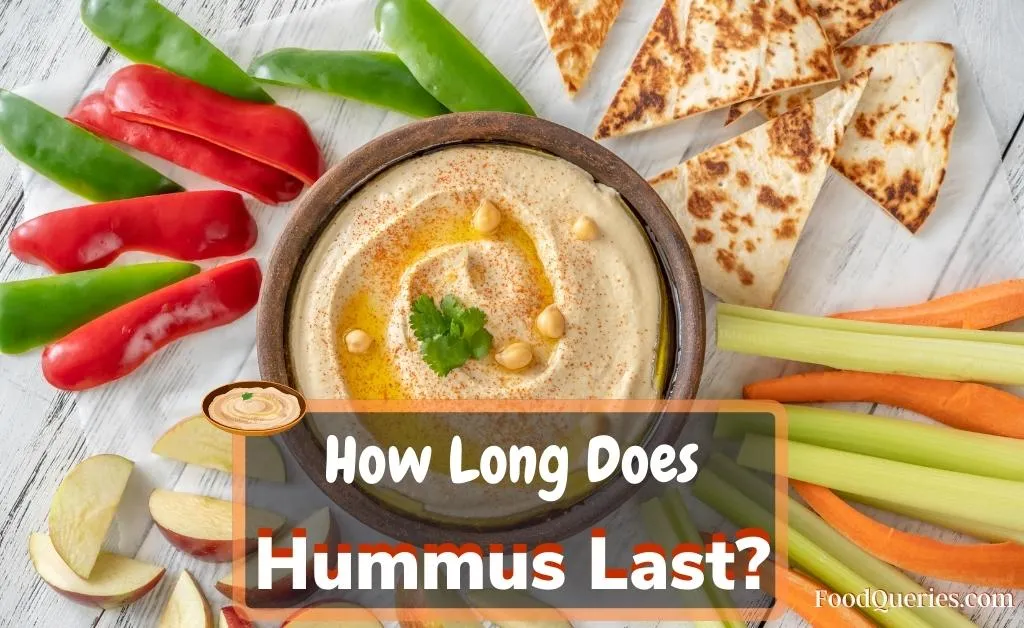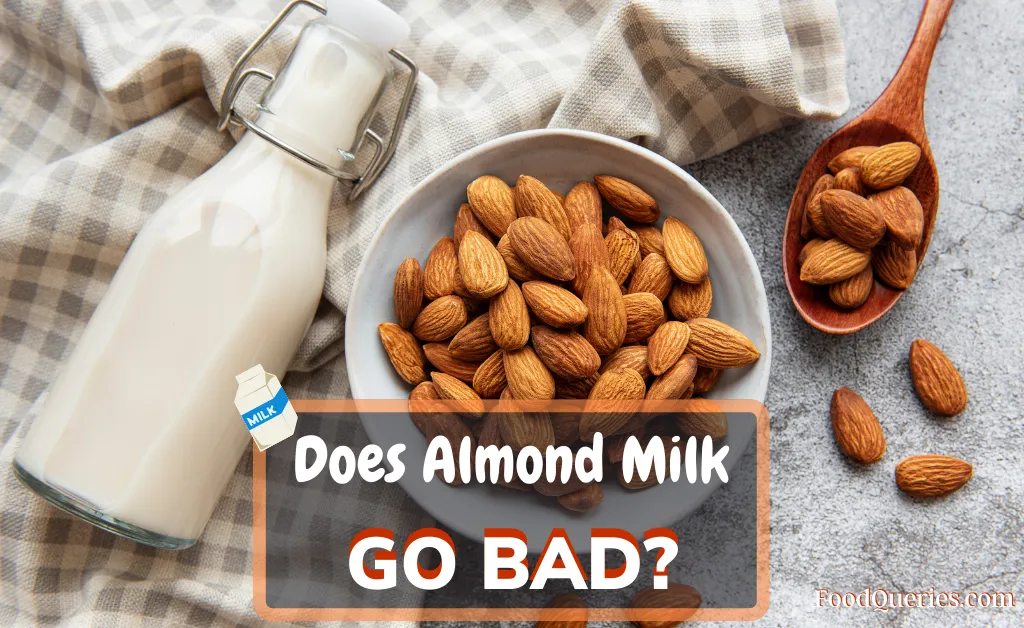Bought a pack of sunflower seeds to munch on during the Super Bowl but forgot to check up on it.
Naturally, the question arises: Do sunflower seeds go bad, or are they still edible?
No one wants to toss a perfectly good pack of sunflower seeds into the bin solely out of suspicion.
Sunflower seeds will outlast most edible items but yes they do go bad. Without refrigeration, you can munch on an unopened pack of sunflower seeds even a year after buying them. Of course, you must check the dates of manufacture and expiry while buying it. For an opened pack of sunflower seeds, 6 months is a good time to consume it if you do not refrigerate it.
But that’s not all. A lot is decided by how you store the sunflower seeds and how they look or smell. I will be going through the most common queries in detail. Read on to better understand whether you should consume the pack of sunflower seeds lying around.
How Long Do Sunflower Seeds Last?
The lifespan of sunflower seeds depends largely on the kind of seeds you get and their storage environment. Always check the dates on the label to know the duration they are officially safe to consume. An unopened pack of sunflower seeds lasts between 2 to 5 months past the expiry date if stored without refrigeration. If you had opened the package, push it to a month past the expiry date at best.

Storing sunflower seeds in the refrigerator changes things up a little. With proper refrigeration, they will last up to a year after the date of expiry. The shelf life will differ with raw sunflower seeds compared to roasted ones. You can consume raw sunflower seeds for about 3 months, while it can be pushed to 5 to 6 months for roasted in-shell seeds.
Here’s a chart for your convenience:
| Type of Sunflower Seeds | Pantry Shelf Life | Refrigerator Shelf Life |
| Raw sunflower seeds (unopened) | 2 to 3 months past the expiry date | 1 year past the expiry date |
| Roasted and shelled sunflower seeds (unopened) | 3 to 4 months past the expiry date | 1 year past the expiry date |
| Roasted in-shell sunflower seeds | 4 to 5 months past the expiry date | 1 year past the expiry date |
| Sunflower seeds (opened) | 1 month | Nearly 1 year if sealed well |
I have noticed that the most important thing is to always check the label before buying. If you do that, you should be good to go for a long time.
Do Sunflower Seeds Go Bad? How to Ensure Longevity For Sunflower Seeds?
Sunflower seeds are, after all, edible and will deteriorate in taste and nutritional value over time. But it is up to you to control how long they last- well, to some extent. I have realized there are a few things here and there which we can do to expand the shelf life of sunflower seeds.
Also Read: How Long Does Asparagus Last?
Here are some tips:
- Always buy fresh seeds. While buying sunflower seeds, reach out for the freshest packs available. Look for the label to check the date printed. Sunflower seeds that have been sitting on the shelf for some time won’t last long. No amount of proper storage can avoid its spoilage after a while.
- Airtight containers are the way to go. They will keep moisture out. I suggest mason jars that come with tight-fitting lids. If you are short of them, any saleable container will do. Do not keep sunflower seeds in plastic to avoid chemicals being absorbed. Remember to close the containers shut as tight as possible to keep moisture at bay.
- A cool, dry place is the best environment for sunflower seeds. Humidity and warmth are never good for oil seeds. Store them in the pantry for a shorter lifespan or in the refrigerator/freezer for prolonged consumption.
- If you have a vacuum sealer at home, your sunflower seeds could really use it. Once opened, you can keep the leftover in its original pack as long as you get rid of excess air. If the pack cannot be resealed, transfer the seeds to a different airtight container. Fill the container to its brim and leave no space between the seeds and the lid. Let in as little air as possible to keep them in the best quality.
Try to follow these guidelines, and you should be good to go. I have had multiple terrible experiences with sunflower seeds, and I have learned the best practices from experience.
How to Tell if Sunflower Seeds are Unsafe for Consumption?
Many times, no matter how well you try to store sunflower seeds, they will still go bad. There’s not much you can do about it. What you can do, and trust me on that, is err on the side of caution. I have a few helpful pointers for how you can weed out spoilt sunflower seeds from perfectly consumable ones. The good thing is the spoilage signs for these seeds mirror other oil seeds of a similar kind.

Try out the following:
- Sunflower seeds which are beyond the point of return, often become moldy. You will notice mold and/or fungus accompanied by a musty smell. If you see discoloration along with it, or if they seem softer than usual, it’s time for them to go. If you do not store them properly or if water somehow seeps in, you are in for some nasty sight.
- A sour taste is one of the most obvious ways to tell moldy seeds from edible seeds. Remember, they are supposed to have a mild, nutty flavor.
- You can always trust your nose when telling good food from bad. We are built that way, genetically. If your pack of sunflower seeds smells sour, rest assured it has gone rancid. If the seeds are exposed to oxygen, light, or moisture, the seeds will go bad. Maybe they will not harm your health per se, but it won’t be a pleasant snacking experience.
- If insects such as moths or weevils infest the sunflower seeds, always inspect for dead or alive cocoons or similar signs of insect activity. You can usually avoid this by sealing the pack well. A bug or two is not a significant cause for concern, but a larger swarm means you have a problem.
These are the typically noticed red flags when sunflower seeds are stored past their expiry date. But here’s a personal comment: I would insist on not keeping sunflower seeds for long after the expiry date. If the nutritional value is lost, what’s the point of having them anyway. You are good to go if you snack on sunflower seeds for leisure or out of boredom and not as a healthy choice. The seeds will often appear dusty, dried out, or dull, even if there are no signs of spoilage.
Also Read: Does Oat Milk Go Bad?
Why Should You Avoid Spoilt Sunflower Seeds?
As soon as sunflower seeds inch past their expiry date, their overall quality rolls on a downhill slide. After a while, they will become rancid, taste sour, and smell musty. Store it lackadaisically, and you will find mold growing on them too. Consume such seeds, and you will surely make a trip to the ER. You will probably be safe with a small quality of them, but why take a risk? Eating spoilt sunflower seeds for a prolonged period will affect your digestive system.

Depending on how much you consume, you will experience gastritis or stomach inflammation. Other impacts include vomiting, indigestion, nausea, or black and tarry stool if you have erosive gastritis. I say, if you have a doubt, toss them out. Our instincts rarely lie.
Frequently Asked Questions (FAQs)
Q1. Is it OK to eat expired sunflower seeds?
Ans: Yes, eating sunflower seeds past their expiry date is generally okay, given you store them well after opening the pack or if they are unopened. With unopened sunflower seeds, you can have them even a year past their expiry date, whereas, with opened packs, 6 months will be the limit. I say, if they smell musty, taste sour, look dusty, or show moldy/fungus growth, it’s time to bid farewell to them.
Q2. How long are sunflower seeds good for?
Ans: The answer to this depends on how you store them and the variety you buy. You can usually check for the best-by date on the label printed on the pack. If there are no leaks in the pack, you can be safe with sunflower seeds for about a year. Always look out for rancid smell, taste, or mold growth to ensure that it is still edible.
Q3. What do bad sunflower seeds smell like?
Ans: Typically, bad sunflower seeds smell musty and damp. A sour or rancid taste usually accompanies the odd smell. There are numerous other tell-tale signs of sunflower seeds gone bad. They can become dusty or start showing signs of mold/fungus growth. Be sure to check for these signs before consuming.
Q4. How do I know if my sunflower seeds are bad?
Ans: Always check the printed label to know the best-by date. That should give you a pretty good idea of when to start being cautious. That aside, signs of mold or fungus growth are an apparent symbol of spoilage. If the sunflower seeds are dried or dusty, they won’t last much longer. Look out for a sour taste or musty smell.
Q5. What happens if you use expired seeds?
Ans: If you consume expired seeds or use them in any recipe, you can contract gastritis or, worse, erosive gastritis. Cue black, tar-like stool. That aside, you can experience nausea, vomiting, or indigestion. All in all, it won’t be a good experience, is all I will say. If you start feeling off after consuming sunflower seeds, rush to the ER and get the medical attention you need.
The Bottom Line
Sunflower seeds are great to munch on during a game when you are bored, or simply have nothing much planned for an hour in a day. The best part about them is their health benefits. But like everything edible, sunflower seeds will eventually run their course and inch toward spoilage. It is our responsibility to stop them from reaching that far. The best way to ensure that is to check the label printed on the pack.
But here’s what I need you to know- no matter how hard you try to stop sunflower seeds from going bad, they still have a shelf life. Do not beat yourself up if you see them going rancid even after proper storage. Having said that, I hope you get to snack on these delicious oil seeds for as long as it is safe!
